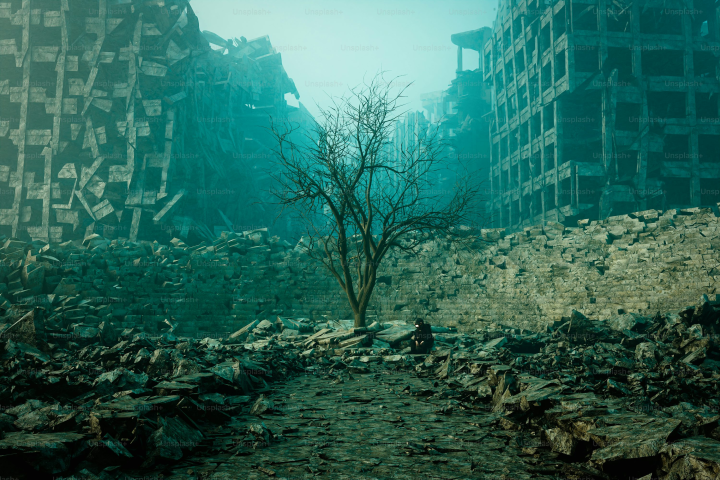by Hadley O’Bryan
I am a current senior. I was born in the summer of 2004, three years after 9/11 and three years before the release of the first iPhone. I was eight when the Sandy Hook shooting happened, and I hadn’t yet turned nine by the time I was watching the live manhunt for the Boston Marathon bombers.
I belong to a generation that was raised on lockdown drills. We learned Run, Hide, Fight at the same time we learned stop, drop, and roll. The world was an arena, and we learned early to have an exit strategy for every new space we entered.
This isn’t paranoia, it’s tactical conditioning for the world we’ve inherited. The Johns Hopkins Center for Gun Violence Solutions reports that gun violence continues to be the leading cause of death among people under the age of 25.
We are far from the first generation to come into adulthood in a world filled with violence, but we are the first to carry it in our pockets. A 2024 study of teenagers in the UK found that 70% of them had seen real-life violence on social media in that year alone. The internet is a flood of constant exposure. On the same screens we use to submit homework and doomscroll, we are shown the tragic footage of a woman set on fire and classrooms turned into war zones.
Sometimes we even know before the news anchors do. Viral posts spread faster than headlines, and by the time CNN reports it, we’ve already sent it to all of our group chats. We talk about it until the next terrible thing takes its place. We care, but caring seems useless when change comes slower than the next headline.
Somewhere in the cycle of violent acts and feeling like nothing will ever be done, we became desensitized to violence. It became normal to view these acts on our screens as a means of understanding how truly terrible they are. To scroll past these events would leave these people to face their tragedy alone; it feels like complicity. We are the audience and archivists of digital memorials dedicated to those who can no longer speak for themselves.
“Numb” would be the easy word to use for it, but it misses the truth. We continue to care, perhaps more than is good for us, but our perception and reaction to violence became warped. We learn to fit this caring in between 8 am lectures, work studies, and club events. When someone pops a chip bag in the dining hall, we laugh off the way our heart speeds up just a little bit.
Desensitization warps our perception of the outside world and the people that inhabit it. When violence feels constant, it’s easy to believe the world is full of violent people waiting to harm us. Scroll long enough and kindness begins to feel like the outlier. So we retreat indoors and seek safety in the digital realm that keeps us afraid.
On the five-minute walk to class, eight people wave at me, two people compliment my shirt, and someone holds the door open even though I’m only halfway up the stairs. Despite everything, people must be good. I have seen goodness in them and in myself, so I must believe that it exists. Logging out for even a few minutes reminds me of this.
The human race has always been kind. Compassion predates civilization, and the one commonality that ties together all early humans is love. There is archaeological evidence that shows humans have always cared. Ancient burial sites prove that the sick and elderly have always been provided for, even when it wasn’t convenient to do so.
Throughout human history, we have always cared for each other. This is true no matter how hard social media tries to divide us. After every violent act, love prevails. In 20 years, I will not remember the name of every mass shooter, but I will always remember the way a mother of a fourth-grader talked about how her daughter’s favorite food had been jalapeños— something she will never have again. I will always remember the way the GoFundMe for her family met its goal in one day.
If I let myself believe that the human race is inherently cruel, then I excuse the actions of those cruel individuals as biological. And if I let myself believe that, then I must also believe that change is impossible.
I refuse to live in a world where nothing will ever get better. This world is capable of being kinder, and I will make every day just a little bit brighter. The real challenge of growing up in our generation is refusing to let it change us when we have the power to change it.

